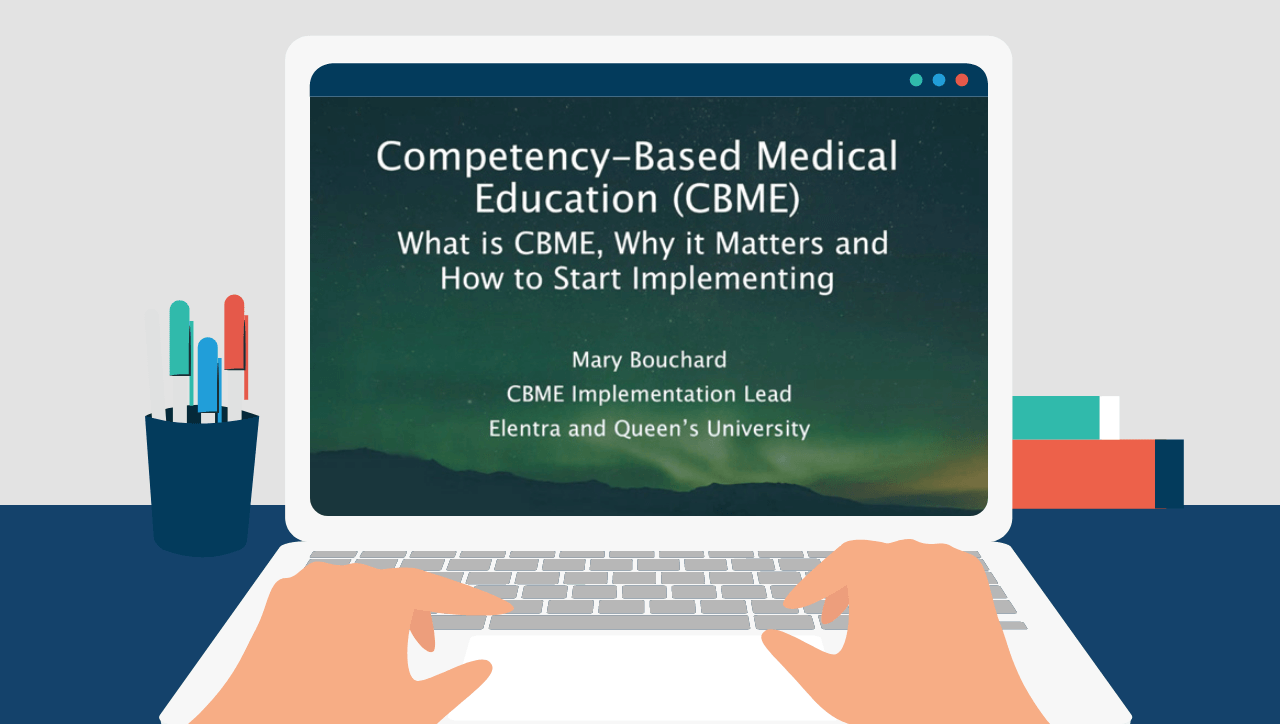Strategies To Encourage Independent Strategic Learning [Educator Webinar]
As an educator, we strive to maximize our time with our learners to ensure their success. The challenge is how to best achieve this. Join us in an engaging session that will guide you through effective strategies to encourage independent, strategic learning.
About the Presenters

Sherry Smith, Ph.D., Vice President of Academic Success, TrueLearn and Angela Hairrell, Ph.D., M.Ed., Director of Academic Support Services, Texas A&M University College of Medicine
Sherry Smith, Ph.D. serves as the Vice President of Academic Success at TrueLearn. She is responsible for ensuring that institutions and their learners are fully leveraging TrueLearn’s data analytics to achieve their performance goals. Prior to joining the TrueLearn team, Dr. Smith served as Assistant Director of Medical Education at Texas A&M University, College of Medicine. She received her Ph.D. in Clinical Psychology from Palo Alto University and has extensive experience working with faculty and medical students, both inside and outside of the classroom. Dr. Smith is well-versed in applied statistics, assessment, program evaluation, curriculum mapping/alignment, and curriculum development.

Angie Hairrell, PhD., Director of Academic Support Services, Texas A&M University College of Medicine
Angie Hairrell is a lifetime educator, serving all levels (PreK to professional school) for over 25 years. She earned her Ph.D in Curriculum & Instruction from Texas A&M University in College Station, Texas. Her research interests include reading comprehension and vocabulary development, as well as active learning strategies and learning differences. Before entering the field of medical education, Dr. Hairrell spent many years teaching in the public school system and then working in higher education research. She is currently the Director of Academic Support Services at the Texas A&M University College of Medicine. She is passionate about helping all students achieve success through data- and performance-driven assessment. This is especially important to help medical students become effective and efficient learners.


